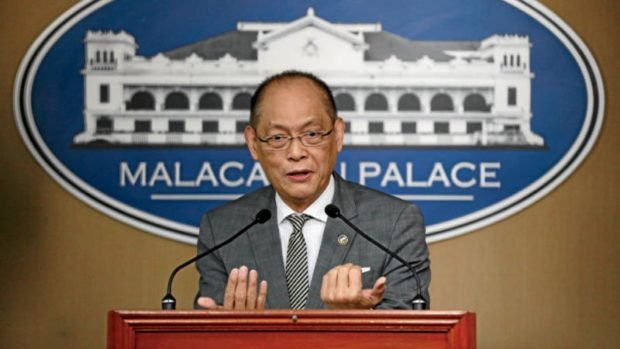The Philippines’ outstanding external debt rose slightly to $82.7 billion as of end-September 2019, up by $1.4 billion or 1.7 percent from the $81.3 billion level at the end of the previous quarter, the central bank said on Friday.
In a statement, Bangko Sentral ng Pilipinas Governor Benjamin Diokno said the rise in the debt stock during the third quarter was “due to net availments of $2.2 billion attributed to bond issuances of the national government and private local banks.”
Increase in residents’ investments in Philippine debt paper issued offshore amounting to $426 million, negative foreign exchange revaluation of $211 million and prior periods’ adjustments of $114 million partially offset the uptick in the debt stock.
As this developed, the central bank chief stressed that key indicators of external debt—referring to all types of borrowings by Philippine residents from non-residents —“remained at prudent levels” despite the rise in external debt, in particular because the country’s total dollar reserves stood at $85.6 billion as of end-September 2019 and represented 5.4 times cover for short-term debt.
Year-on-year, the debt stock increased by $6.3 billion or by 8.2 percent brought about by net availments of $5 billion; foreign exchange revaluation adjustments of $1.2 billion, and prior periods’ adjustments of $812 million.
This upward impact on the debt stock was partially offset by the transfer of Philippine debt paper from non-residents to residents amounting to $843 million.
The debt service ratio, which relates principal and interest payments or “debt service burden” to exports of goods and receipts from services and primary income, is a measure of adequacy of the country’s foreign exchange earnings to meet maturing obligations.
As of end-September 2019, the ratio improved to 6.4 percent from 7 percent for the same period a year ago. The debt service ratio has consistently remained at single-digit levels.
Meanwhile, total outstanding debt, expressed as a percentage of annual aggregate output, is a solvency indicator. output, is a solvency indicator. This ratio improved to 19.7 percent from 19.9 percent a quarter ago. The same trend was observed using the country’s gross domestic product as denominator with the Philippine economy growing by 6.2 percent in the third quarter of 2019. The ratio indicates the country’s sustained strong position to service foreign borrowings in the medium- to long-term.
As of end-September 2019, the maturity profile of the country’s external debt remained predominantly medium- and long-term in nature, or those with original maturities longer than one year, with a share to the total at 80.8 percent.
On the other hand, short-term accounts (or those with original maturities of up to one year) accounted for the remaining 19.2 percent of the debt stock and consisted of bank liabilities, trade credits and others. The weighted average maturity for all medium- and long-term accounts increased to 17.1 years from 16.8 years during the previous quarter, with public sector borrowings having a longer average term of 21 years compared to 8.5 years for the private sector. This means that foreign exchange requirements for debt payments are well spread out and more manageable.
